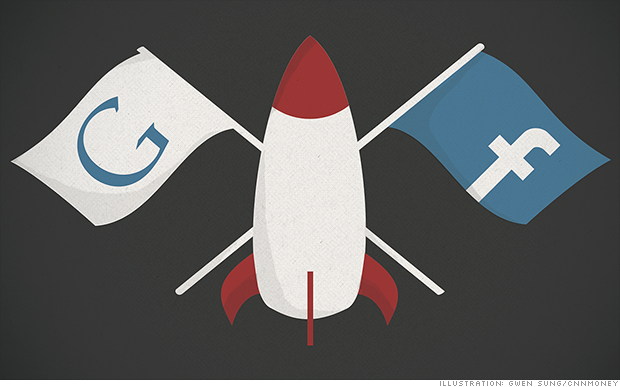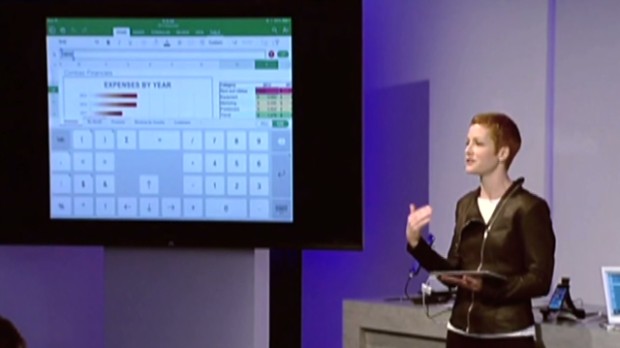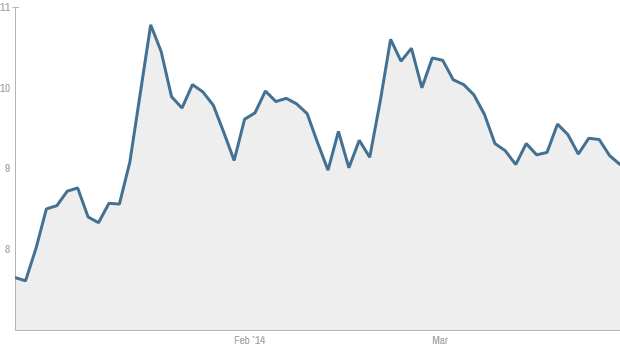Facebook has ambitious plans to connect the two-thirds of the world that has no net access, using drones, satellites and lasers.
It will put it in direct competition with Google, which is planning to deliver net access via balloons.
Both of the net giants want to extend their audiences, especially in the developing world.
Details about Facebook's plan were scant but it will include a fleet of solar-powered drones as well as low-earth orbit and geosynchronous satellites. Invisible, infrared laser beams could also be used to boost the speed of the net connections.
Last year Facebook and other technology companies launched internet.org to help bring net access to the huge swathes of the globe that are still not connected.
Aerospace experts
The social network has already teamed up with telecoms operators in the Philippines and Paraguay to double the number of people using the internet in that region.
"We're going to continue building these partnerships, but connecting the whole world will require inventing new technology too," Mr Zuckerberg said in his post.
To bring the project to fruition, Facebook has set up a Connectivity Lab that will include experts in aerospace and communication technology, from Nasa's jet propulsion lab and its Ames research centre.
It has also hired a five-member team that worked at British firm Ascenta, whose founders developed the Zephyr, which holds the record for the longest-flying solar-powered unmanned aircraft.
Earlier this month there were rumours that the social network was interested in buying drone-maker Titan but there was no mention of this in the announcement.
Altruistic?
The plans form part of Facebook's ambitions to extend its reach beyond its 1.2 billion audience, thinks Ovum analyst Mark Little.
"Zuckerberg is pushing this as an altruistic way of connecting more people in the world - the net as a basic human right - but by increasing the total of net connections it also increases Facebook's members and the amount of sharing done, which in turn creates more space for advertising and drives its revenues in a massive way."
Last year Google announced similar plans to develop solar-powered balloons to deliver net access to remote areas of the world.
Code-named Project Loon, 30 of the super-pressure balloons were launched in New Zealand in June.
"It is perhaps aptly named," said Mr Little.
"It is going to have a lot of political hoops to jump through. Some governments won't put up with having that fleet over their airspace."
Mr Little thinks that for both Facebook and Google, the technology in their projects may prove to be "the easy bit" and that the real challenge will lie in persuading governments around the world that its alternative networks are viable.
"Mobile operators are always under threat from alternative ways of delivering net services. This becomes a concern for governments when a nation's communications rest on an outside provider," he said.











